In Karachi, e-policing may soon end the ‘chai-paani’ game
By year end, Sindh police plan to start registration of computerised FIRs.
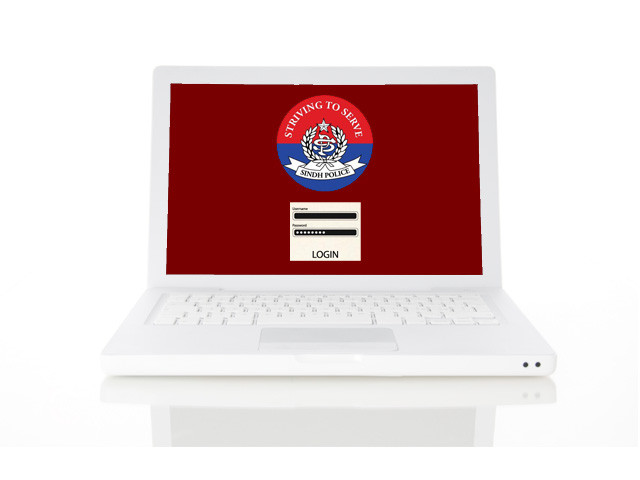
In Karachi, e-policing may soon end the ‘chai-paani’ game
But things are about to change. Soon, the policemen may not be able to get away at least with simple excuses like “stationary nahi hai” (there is no pen or paper) or “register photocopy k liye gaya hai” (register is out for Photostat).
By the end of this year, the Sindh police expect to finish off with the networking of their stations in Karachi and officially start registering computerised first information reports (FIRs) of the cases.
The Rs940-million “e-policing project” finally got the go-ahead in 2008 aiming to streamline a number of in-house tasks of the police department, including the documentation and computerisation of the entire organisational process and records. The project included traffic management, call centres for rescue service, video conferencing system, software development and prison department’s automation. It also envisaged connectivity between courts and police for swift access to the database of criminals.
“E-policing is a huge project and has many components,” says Tabassum Abid, who heads the Sindh police’s information technology department. “The initial process of computerised registration of FIRs is at its last stage.”
In the first phase, few police stations have been interconnected and more police stations from the city and rural areas will be brought into the system gradually. All police stations across Sindh are to be interlinked with the central database server set up at the Central Police Office (CPO).
According to Abid, the networking system has been completed in 45 police stations of Karachi where policemen are operating on experimental basis. At these police stations, training courses are being held for data-entry operators on how to register FIRs on the computers. She admitted, however, that the system still has some minor technical and non-technical issues related to software and hardware.
The Sindh police have also hired trainers district-wise, so that if any computer operator is transferred, the newcomer can be trained. The police stations can only access their own database while the CPO will have access to information at all police stations.
In order to facilitate citizens and improving standards of policing, Abid explained, the software would have the FIRs both in English and Urdu languages and the use of registers would be done away with. “The old cases will be entered into the system gradually,” she said. “Anyone who wants a copy of the FIR will be given a scanned copy which will be considered a legal one.”
A data entry operator at the Kharadar police station appreciated the e-policing project. “This will ease our workload considerably as we have to go through piles of old registers to find an old case,” he said. “This will save time.”
On Saturday, police officials were ordered to start registering the cases on computers by the Sindh inspector general of police, Fayyaz Leghari. He was examining the progress report at his office.
All district and divisional SSPs were directed to ensure availability of FIR registration forms at the Sindh police website and in the drop boxes outside their offices. The officers were warned of disciplinary action if any of them was found causing inordinate delays in registering public complaints.
E-policing certainly aims to facilitate citizens and improve standards of policing, but will it not give another reason to the police to delay FIRs on the excuse of power outage?
Published in The Express Tribune, September 3rd, 2012.

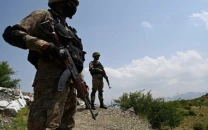

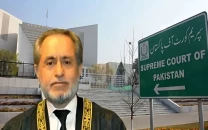
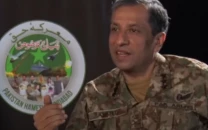
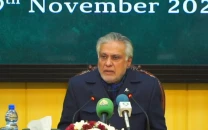
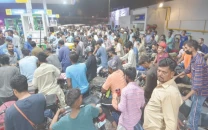












COMMENTS
Comments are moderated and generally will be posted if they are on-topic and not abusive.
For more information, please see our Comments FAQ